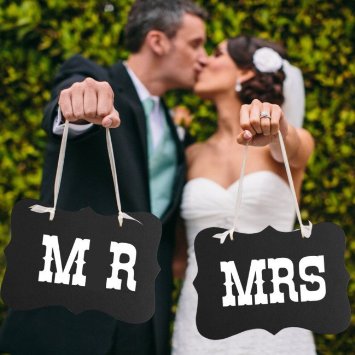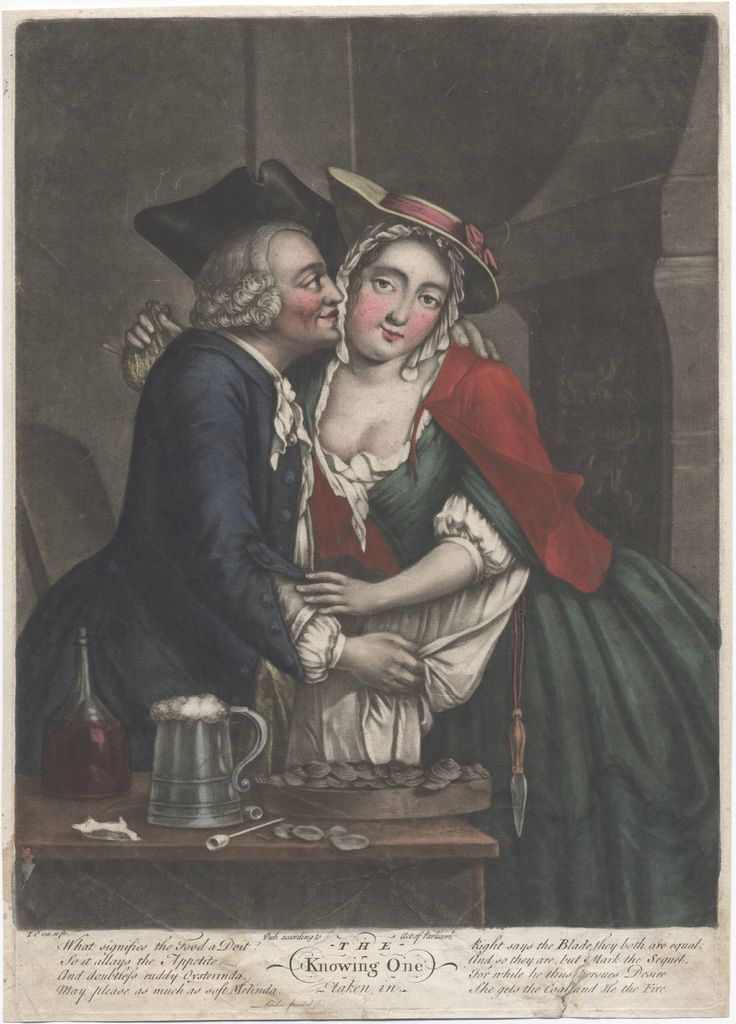
06 / 2016
Категорії: English language
Ви коли-небудь замислювались, чому в англійській мові у зверненні [mɪs.ɪz] місіс присутня буква R? Business English Academy розширює Ваш світогляд та готова дати Вам відповідь:
It’s rare that you see the honorific for a married woman — “missus” — written out like that. But as soon as you do, you think two things: (1) Gosh, that word looks so dowdy and old-fashioned. And, (2) Where the heck is does the “r” in the abbreviation “Mrs.” come from?

The explanation dates back to the 18th century, when “master” and “mistress” were the appropriate proper monikers for men and women, respectively.
“Missus” also eventually became the term servants or working class folks might address their employer — a casual approximation of the word, which is why people never wrote it out when they really wanted to use the more formal “Mrs.” And today, we still don’t.
If you’re curious, it wasn’t until the early 1900s that the idea of “Ms.” appeared on the scene, according to the New York Times. A note in a newspaper was the earliest appeal from progressive-minded women for a moniker that didn’t have to denote whether they were married or not. Then, the feminist movement in the 1970s lifted “Ms.” to the more common usage today.
But what we really want to know is, what’s next? “Mrz.”? “Mrss.”? But only time will reveal what the next generation’s crazy language shape-shifting will be.



